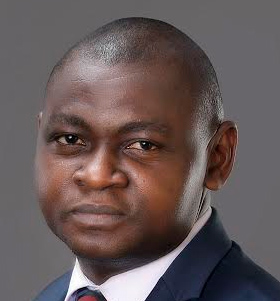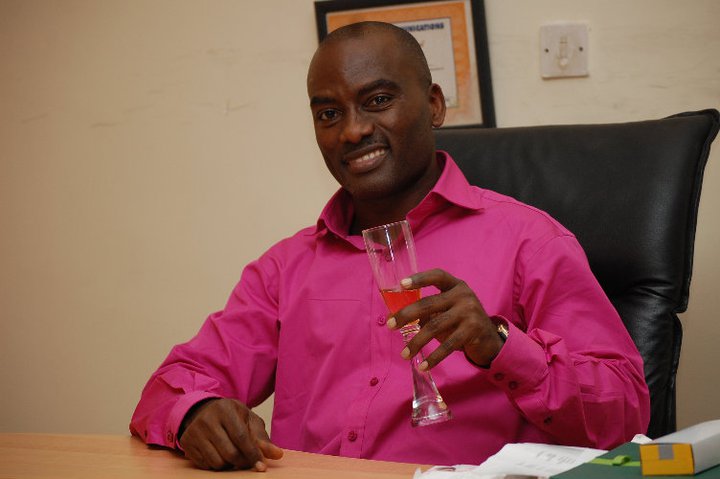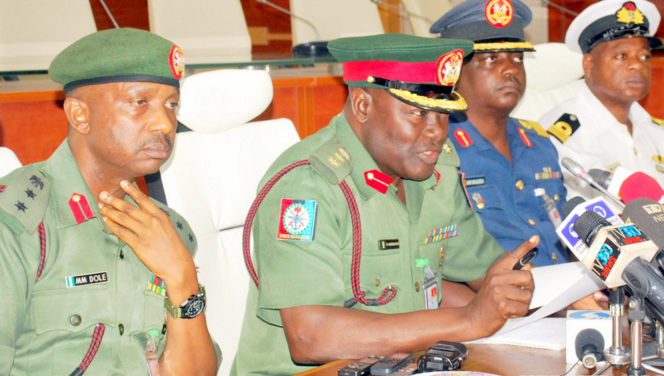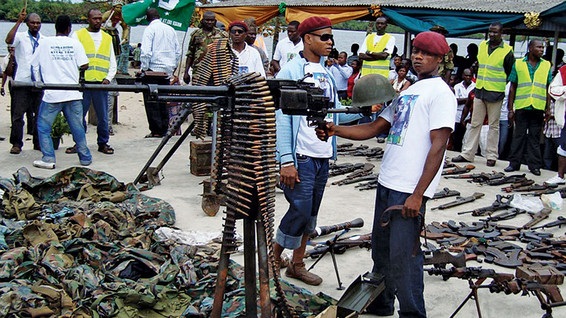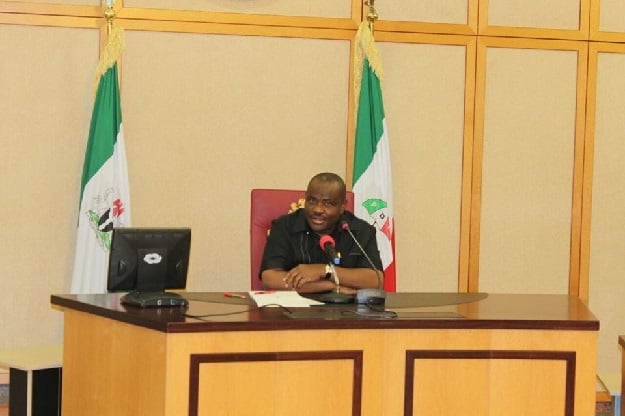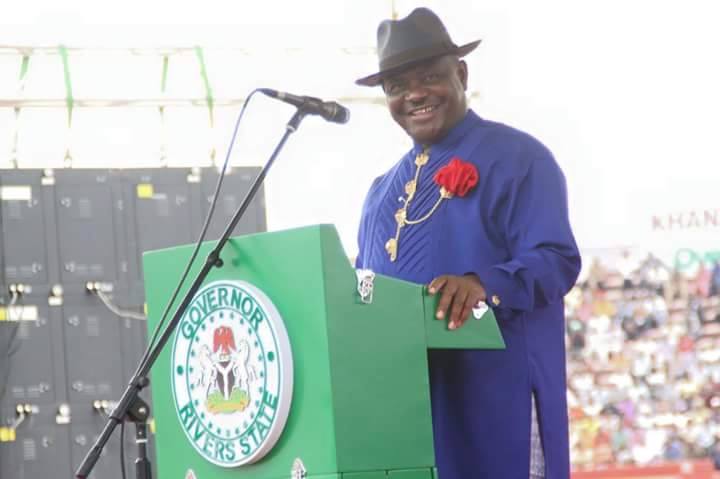Successive Nigerian leaders, on coming to power, especially at the federal government level, usually come up with their own ideas and vision to drive national development. In 2007 when the Umaru Musa Yar’Adua administration came into office, the government introduced its 7-point Agenda. The Goodluck Jonathan government, which succeeded it, came up with its Transformation Agenda. Today, ‘Change’ is the major mantra which the Muhammadu Buhari administration has brought to the national conversation round-table.
However, beyond the leaders we periodically elect who come up with their own ideas and thoughts, there are a number of important issues we have left unaddressed as a people since independence in 1960, key benchmarks towards achieving the Nigeria of our dreams. For instance, what type of country do we want to produce for ourselves in our lifetimes? What is the minimum standard of living we want to have for average citizens in Nigeria? And what type of society do we want to live in and bequeath to our children and succeeding generations? I think we need to think these issues through much more than we’ve ever done. And I believe they can be solved through continuous conversations and engagements on various platforms and government action.
Now, if there is anything history has taught us, it is that great nations don’t just emerge. They are built. They are consciously built by leaders, followers, intellectuals, the media, social activists, and indeed, all strata of society consciously committing to adding value and setting benchmarks, minimum standards, which will guide their countries towards achieving greatness. Countries like the United States of America, United Kingdom, China, Germany, South Africa, Brazil, and Singapore didn’t become all they became overnight. There were things which their leaders and citizens agreed to put in place in their quest for national greatness.
Although the job of making Nigeria great and a better country for all citizens is primarily the responsibility of the government and political leadership, I believe it is an assignment for all. More than ever before, as Nigerians, we must ask ourselves what value we are adding to this country. As a citizen, I must ask myself, in what way, for instance, am I contributing to ensuring that Nigeria becomes better and greater? For occupying God’s earth here in Nigeria, I think there should be a minimum I am giving back to this territorial space I’ve found myself.
Advertisement
Therefore, in setting the benchmarks for Nigeria’s greatness, there are a number of fundamentals I believe we really need to address. Due to time and space constraints, I will try to identify just five of them. I highlight them in no particular order of importance.
One, we need to ensure that votes in our country’s elections continuously count. To do this, we must not relent in strengthening and improving our electoral system. No elected leader should be in office without being voted into power by the majority of the people. Irrespective of the errors of the Jonathan Presidency, it bequeathed Nigeria the legacy of free, fair, and generally-acceptable elections. This should be strengthened and sustained. The Nigerian people must keep the current government and other successor governments on their toes in this regard. For no reason should government officials be allowed to manipulate our electoral system for their own selfish end or that of their political parties. Also important is the necessity of holding political leaders accountable towards delivering on promises made during electioneering campaigns. The media, civil society, the labour unions, social bloggers, and public intellectuals can play leading roles in this regard.
Two, we need to invest massively in education. We must promote knowledge and scholarship. Much has been said about this at various platforms but it cannot be overemphasised. We must encourage our youths in the primary and secondary schools to read more and stimulate their thinking; same for our undergraduates. An educated populace is an enlightened society. And we also need to rejuvenate the teaching of History in our schools. The decision to remove the teaching of the subject from our national curriculum, I believe, was a decision not well thought through. A people who don’t learn from their history and the mistakes of the past will repeat same in future and very likely on a greater scale.
Advertisement
However, a people who learn from the greatness and achievements of their forebears will be inspired to build on these achievements moving forward. Nigerians, especially the youths, must have a good understanding of their national heritage and the positive impact our country has made on the world in business, entertainment, arts and culture, literature, information and communication technology, sports etc. We are a country of beautiful people and intellectuals, award-winning writers and journalists, renowned entertainers, world-respected technocrats, inspiring orators, successful business leaders, creative minds and painters, amazing sportsmen and women, and a happy and lively people with an amazing zest for life and living.
Three, as a country, we must learn to identify and celebrate our heroes. It is sad that in Nigeria today, there is no consensus on who our national heroes and icons really are. Moreover, there are not enough biographies and publications on them. This is a terrible situation that must no longer continue. Rather than forgetting the labours of our heroes past, men and women who lived their lives in true service of the fatherland and the upliftment of our country, we must learn to celebrate them and raise their names up as shining lights and role models to the coming generation. The Obafemi Awolowos, Anthony Enahoros, MKO Abiolas, Wole Soyinkas, Dora Akunyilis, Gani Fawehinmis, Ameyo Stella Adadevohs, Gamaliel Onosodes, Christopher Kolades, Kanu Nwankwos, and many others too numerous to mention here. There are some Nigerians the government must not just allow their names to die even after their demise! This way, we also inspire unborn generations of Nigerians to greatness.
Four, we need to project and sell Nigeria to the world far much more than we are currently doing. The great and talented actors in Nollywood have helped market Nigeria to the world in no small measure. In Sports, a lot has also been done in this regard. But government can do more towards scaling up. We are a bunch of enterprising people with lots of energy and vibe. We must let the world know this. With dwindling oil revenues, tourism can be the next huge money-spinner aside agriculture. Added to this is that we must produce memorabilia, high quality ones, promoting our country which foreigners or tourists who visit Nigeria can buy and take back to their families and friends when they return to their own lands.
Little and inexpensive things as key holders, T-Shirts, postcards, hardy artworks etc. that a tourist can buy in many quantities and give out as gifts! Our National museums are disgraceful. It’s sad to state this but it is the truth. Nigeria has a lot to show the world and share with humanity than what we currently parade at the National Museum in Lagos for instance. Again, what iconic structure would be shown on TVs across the world and the viewer would easily connect it to Nigeria? Eiffel Tower is unmistakable as an iconic structure of France. The Statue of Liberty in New York remains an iconic structure of the US. When the people see Burj Khalifa, the world’s tallest building, it’s clear it belongs to Dubai in the United Arab Emirates. The National Theatre in Lagos? With government taking the lead, our architects and builders can definitely give the world a more stunning, breathtaking and captivating iconic structure that is proudly Nigerian! It will attract tourists and generate revenue.
Advertisement
And five, we must solve the electricity problem once and for all. Other countries have achieved this. Yes, since the Buhari APC administration came to power in May, 2015, there has been undeniable improvement in power supply in major cities across Nigeria. But we must ensure that this is not just sustained but improved upon throughout the country in the long term. We can get to a level where power is taken for granted in this country. It is possible. Solving the power problem would be a great catalyst for entrepreneurship, industrial growth and overall national development. As we do this, we then put in place a system that encourages sustainable growth and development since government is a continuum. Policy reversals by governments and their successors have lots of drawbacks and discourage foreign investments. Stealing and corruption must be curbed and punished where established. Infrastructure must be improved. And more Nigerians must voluntarily learn to pay their taxes and demand accountability.
In conclusion, in the morning of Thursday, October 29, 2015, patriotic leaders and Nigerians from different fields of life will gather to further discuss these critical issues at a special symposium being organised by Posterity Media themed “Delivering the Change Nigeria Needs: The Benchmarks and Imperatives for National Greatness” at the Nigerian Institute of International Affairs (NIIA), Victoria Island, Lagos. It’s a conversation we believe cannot end in a day. However, Nigeria can attain greater heights if we dare to pursue the necessary ‘small’ changes that are needed here and there and commit to implementing them towards achieving the ‘big’ gains. Rather than bemoan our fate as a country due to past failures, it’s time to recover lost grounds, overtake, and assume our rightful place of pride in the gathering of nations as the most populous black nation on earth. We have all it takes.
Kolawole, CEO of POSTERITY MEDIA, a Nigerian publishing and communication company, is a Red-Ribbon award-winning journalist and author.
email: [email protected]
Advertisement
tel: 08033983499.
Advertisement
